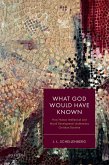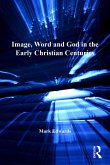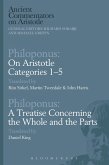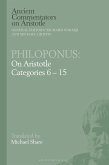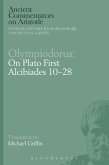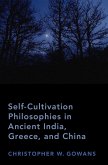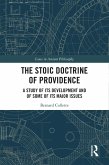Becoming god was an ideal of many ancient Greek philosophers, as was the life of reason, which they equated with divinity. This book argues that their rival accounts of this equation depended on their divergent attitudes toward time. Affirming it, Heraclitus developed a paradoxical style of reasoning-chiasmus-that was the activity of his becoming god. Denying it as contradictory, Parmenides sought to purify thinking of all contradiction, offering eternity to those who would follow him. Plato did, fusing this pure style of reasoning-consistency-with a Pythagorean program of purification and divinization that would then influence philosophers from Aristotle to Kant. Those interested in Greek philosophical and religious thought will find fresh interpretations of its early figures, as well as a lucid presentation of the first and most influential attempts to link together divinity, rationality, and selfhood.
Bitte wählen Sie Ihr Anliegen aus.
Rechnungen
Retourenschein anfordern
Bestellstatus
Storno



